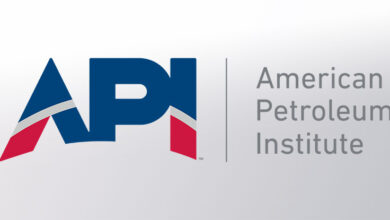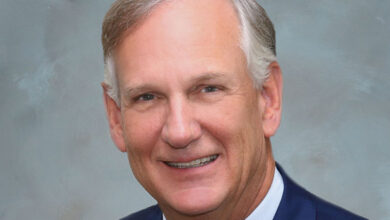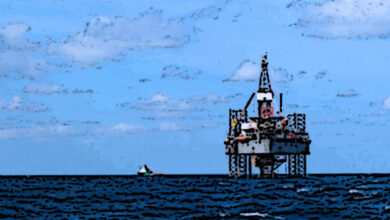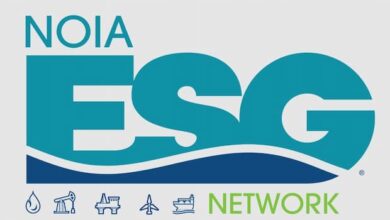Responsibility, not regulations, will guide industry to enhanced HSE performance
By Magne Ognedal, director-general, Petroleum Safety Authority Norway (PSA)
The solution to problems in the petroleum industry is not new regulations but enhancing the responsibility of the players. That view underpins Norway’s regulatory approach to offshore health, safety and the environment. It also means that a fundamental understanding of the factors that influence risk, including technical integrity and barriers, is essential in every part of the industry. The report on the Texas City disaster is thought-provoking in that respect.
Company management, above all, must be aware of and knowledgeable about factors that enhance risk. Focusing on statistics of personal injuries and undesirable incidents alone is a waste of time in seeking to avoid major accidents. Regrettably, we constantly see irrelevant data being presented in this context.
Safe wells, drilling and downhole operations are among key elements in efforts to prevent major accidents and undesirable incidents, both in Norway and internationally. The gas blowout on Snorre A in the North Sea in 2004 was a serious reminder that failures in well barriers can have disastrous consequences for safety.
At the PSA, this incident led to the launch of an extensive project focused on a vision that the only wells to be found on the Norwegian Continental Shelf (NCS) would be safe ones. A survey of 581 production wells from 12 installations in spring 2006 identified weaknesses in every fifth well. This showed with full clarity that action is needed by both industry and the authorities.
The NCS survey has also aroused international interest, and the PSA has presented its methodology and findings to a number of regulatory and industry forums around the world.
In Norway, drilling and well activities are now affected by huge pressure on the labour market combined with developments that make operations ever more complex, complicated and dependent on experience. We must be able to recruit personnel with great knowledge and long involvement if risk is to be kept at an acceptable level.
In the near future, a number of giant projects are scheduled for the NCS that represent labour- and resource-intensive jobs. The question is whether all the companies, be they operators or contractors, are capable of acceptably executing forthcoming developments alongside normal operations. Every company must ask itself that. If the answer is no, the decision must be that it currently lacks the necessary capacity and expertise and must therefore postpone the work.
This is in line with the petroleum regulation philosophy in Norway, which aims to support and clarify the responsibility of the players themselves to comply with the regulations and operate acceptably. Detailed supervision and various forms of official consent are difficult to reconcile with this principle, because they could undermine player responsibility and transfer part of it to the government.
Take, for example, the acknowledgement of compliance (AoC), which provides a formal statement that the PSA has assessed and found that a mobile unit’s technical condition appears to be in accord with the regulations. But this does not absolve any of the players concerned from their responsibilities.
The AoC was initially introduced as a voluntary scheme for mobile drilling units in 2000, primarily to improve predictability for owners wanting to use a rig on the NCS. It has since been expanded to other types of offshore units. The AoC process, which makes wide use of the IADC guidelines, has created good understanding of regulations and risk management in the drilling industry.
As I said, providing predictability for players without undermining their sense of responsibility can present regulators with a dilemma. But the PSA believes that the AoC scheme, developed in cooperation with all affected parties, takes account of both these aspects.
Different regimes for regulating mobile offshore units are operated around the North Sea. Joint action by national regulators in the region has persuaded the IADC to develop a document comparing regulatory requirements and application routines in five North Sea nations.
The five regulatory authorities involved have agreed that documented checks in one country can be used to support an application to use a unit in another. That includes seeking an AoC in Norway. Both the industry and the authorities can thereby avoid unnecessary duplication of effort.
Regulation along these lines calls for competent and well-resourced players who see operating acceptably as being in their own interest. Credibility and confidence are cornerstones of this regulatory strategy.
Magne Ognedal is director-general, Petroleum Safety Authority Norway (PSA).




